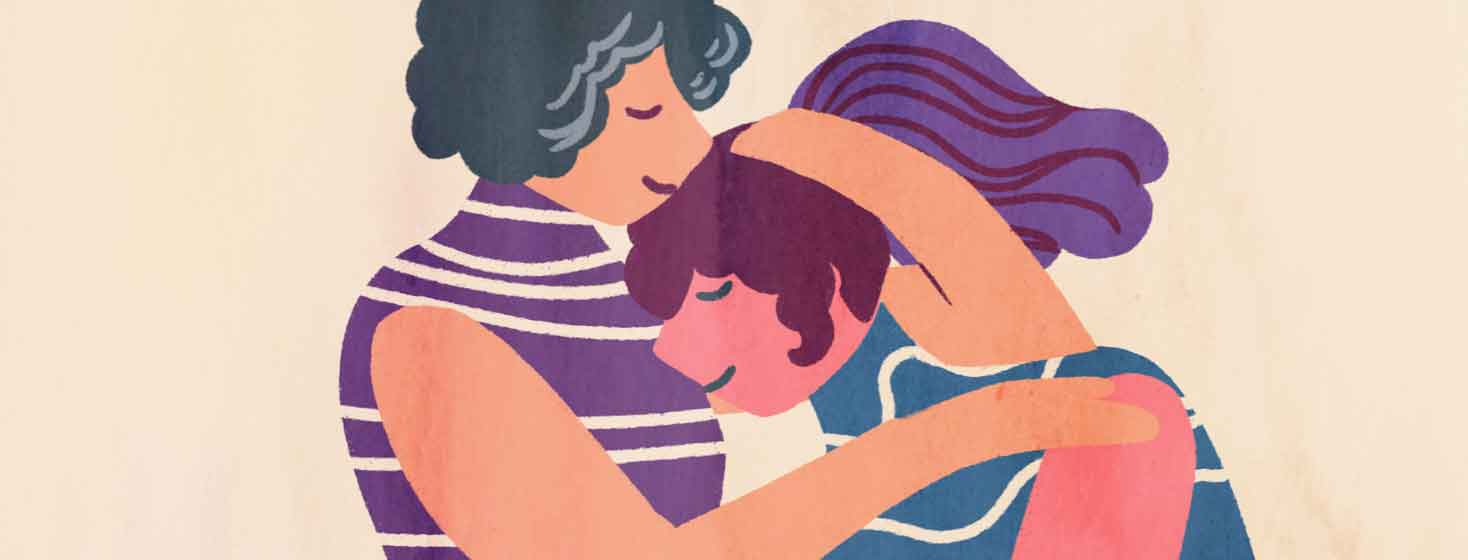Living and Learning in 2021 as a Caregiver
As I look back over the 26 years I have cared for my child, first in heart failure and then through her heart transplant, I never saw a situation like Covid coming into our daily lives. As a caregiver, I was taught to look for common signs and symptoms of heart failure, like shortness of breath, fatigue, weakness, swelling in legs, and other symptoms that could lead to problems. I was always speaking to my child about the fact that her immune system was weak and she was vulnerable to infection. I stressed that she needed to pay close attention to hygiene (wash hands thoroughly) and avoid sick people, places, and activities that could put her at risk of infection.
Joining the world in fear
We joined the world in fear and confusion last year as we watched the USA be severely impacted by the coronavirus. America had given us a safety net as we battled our way through my daughter Alyssa’s medical emergencies. We felt empowered and secure knowing we lived in the planet's most powerful nation. We had access to considerable advantages in health care and scientific expertise. This was very reassuring and made us feel safe knowing we live close to some of the country's best hospitals for heart failure and heart transplantation.
The Covid-19 pandemic quickly caused significant anxiety and fear in different ways than her heart failure did. When it became an international public health crisis, it was clear to me that I needed to help guide my panicking daughter through unprecedented challenges in her health care. Throughout the world, hospitals rapidly restructured services. This led to cancelations of her scheduled biopsies and appointments that we rely on to confirm she has no rejection. It’s been a focus of Alyssa’s healthcare team to get direct management through timely follow-up. We felt that cancellation or postponement of these appointments might lead to tragedy if they missed the onset of rejection.
Postponing care
The idea of postponing her medical care without knowing when doctors could see her next was beyond scary for us. We had to switch our thinking and find a place we felt comfortable in. I had to persuade Alyssa to call her doctors at the onset of the Covid crisis. Her immediate reaction was fear and anxiety, but she felt reluctant to take up the doctor's time when there were probably very sick people who might have needed it more.
My immediate reaction was to take over as a caregiver. I went into survival mode and began my usual routine of mama knows best. Alyssa immediately stopped me and said she wanted to handle it and she would call when she felt comfortable. This is a new dynamic for us - she was now 25 and felt it was time for me to back out and let her be in control of her own healthcare needs. I was not ready for this, especially not with the severity of Covid and the impact it could have on her life.
Coordination efforts
We have always had an open relationship and Alyssa was always told exactly what was going on with her care from the beginning of her life. She has heard me on the phone with doctors, nurses, insurance companies, hospital staff, etc., and has always felt safe and secure because she knew I would stop at nothing to get her the help I felt she needed. I was scared she would not voice her concerns as strongly as I was able to do. She had a much more laid-back approach while I dive right in with a mission.
We came to an agreement that we would meet someplace in the middle, waiting until we collected a list of concerns from the news and speaking to the hospital staff that were canceling her appointments. She felt more comfortable relying on telehealth services at the onset of the crisis and not exposing herself to Covid with in-person visits. We waited to go to the hospital until they felt she needed to be seen. She had everything important to her care done at that appointment.
Managing as a team
It has been difficult to get the information we need to feel safe, and as long as Covid is around, I'm not sure we'll feel assured that the healthcare system can meet both our needs and those of people affected by the virus. It was difficult feeling that we could not rely on the services we had previously relied upon and had confidence in. Our hope is that we can learn how to balance the needs of service for chronic care patients with the extreme demands of a public health crisis.
Alyssa and I will continue to manage her healthcare as a team with her in the lead and remain flexible and as we adjust to the new normal. As for me, her caregiver, I will continue to remind myself she is very capable and learned from her mama.
Do you have a heart failure story? Click the button below to share with our community!

Join the conversation